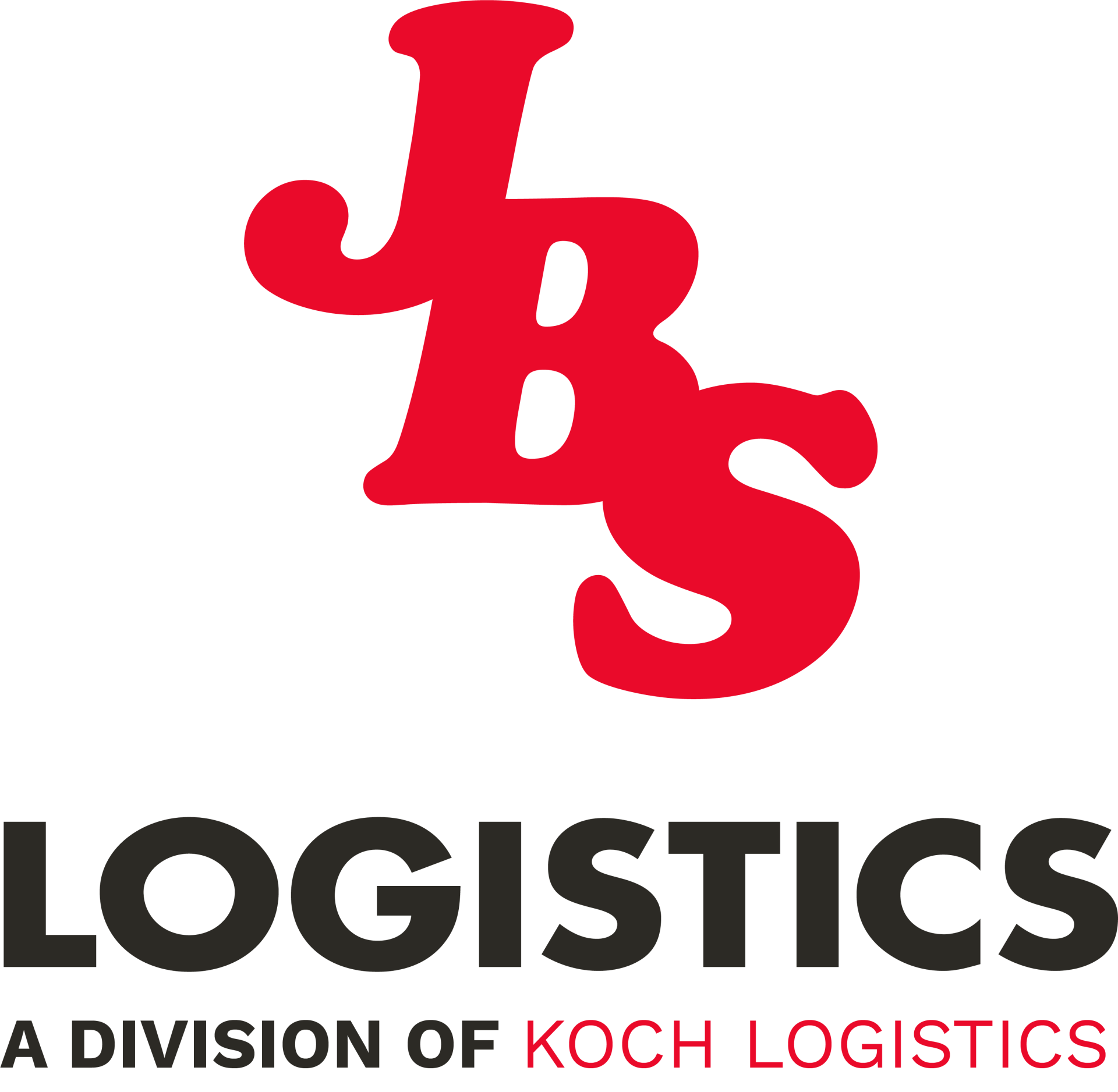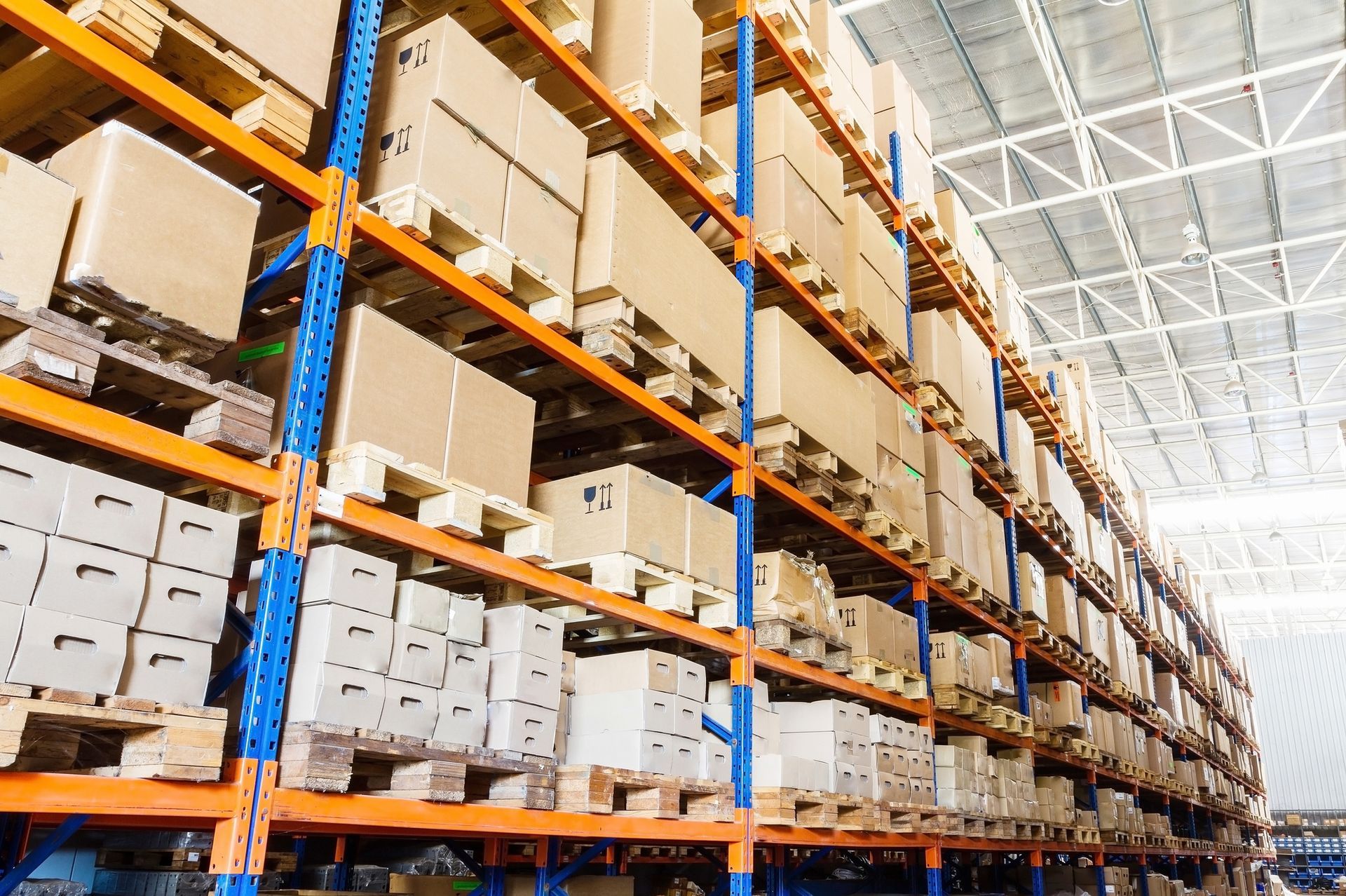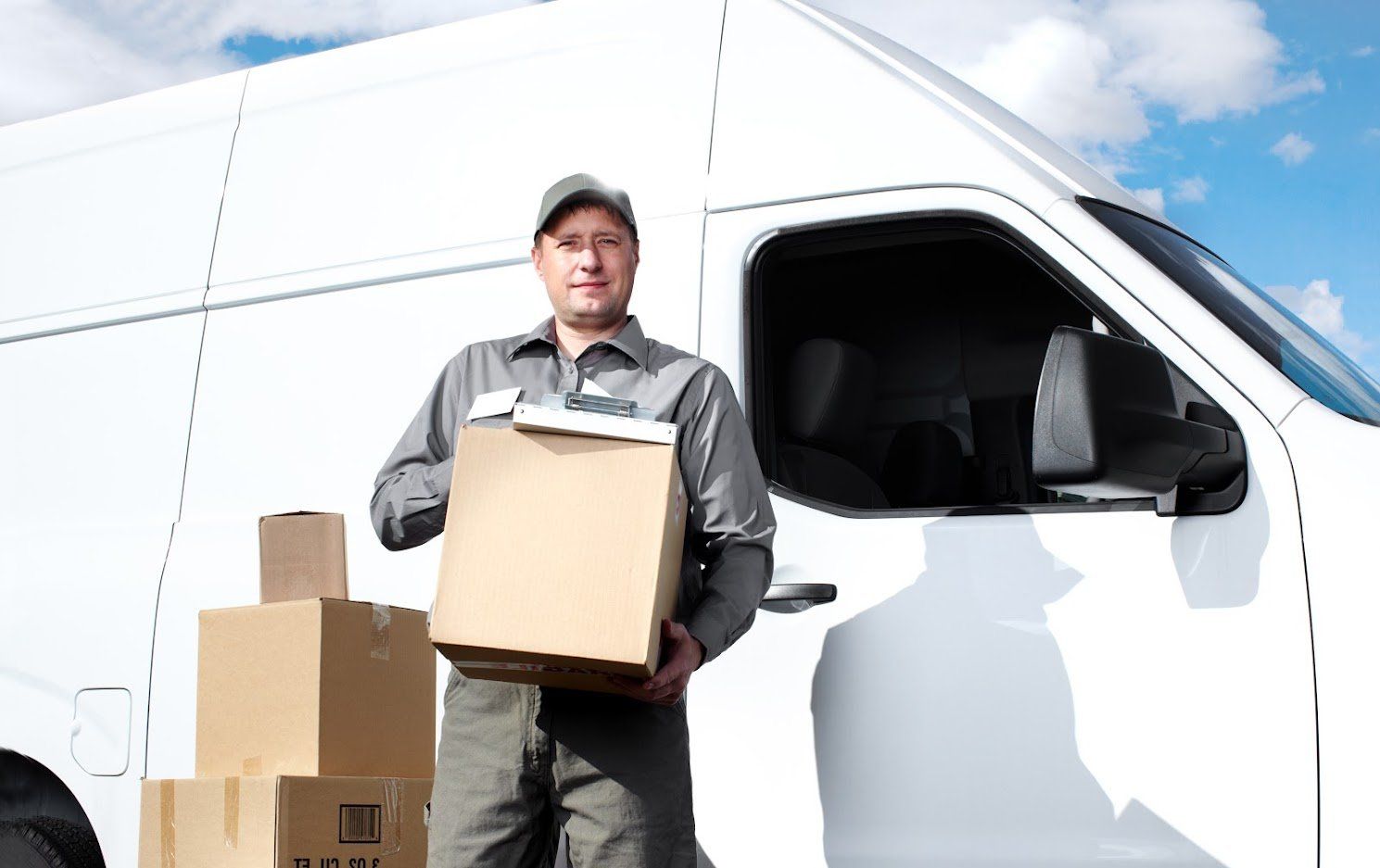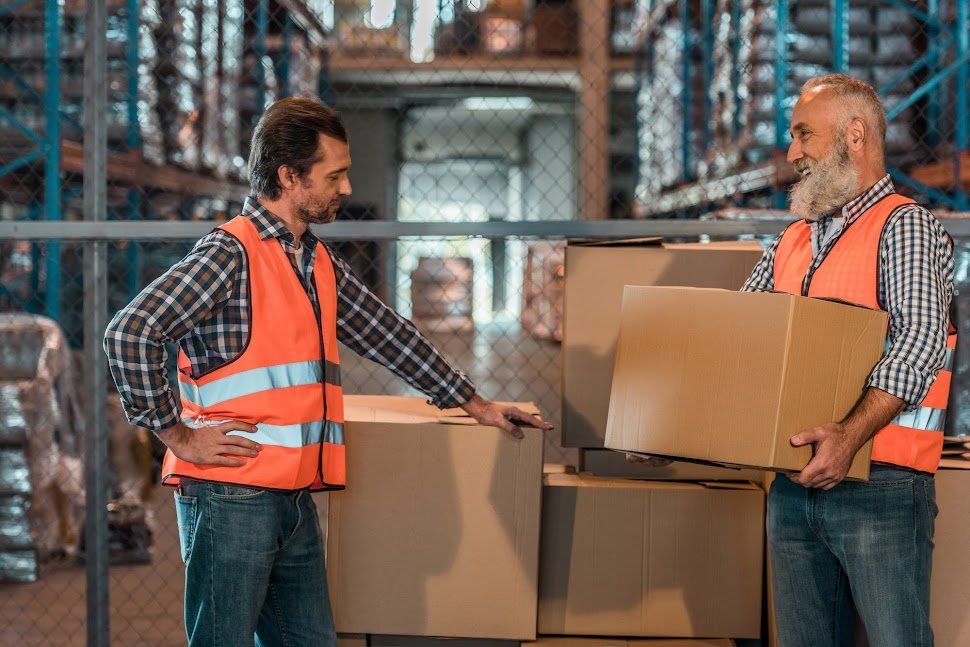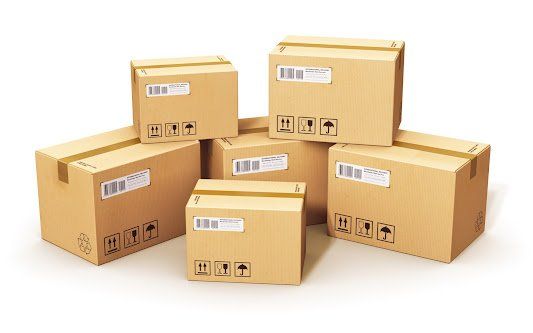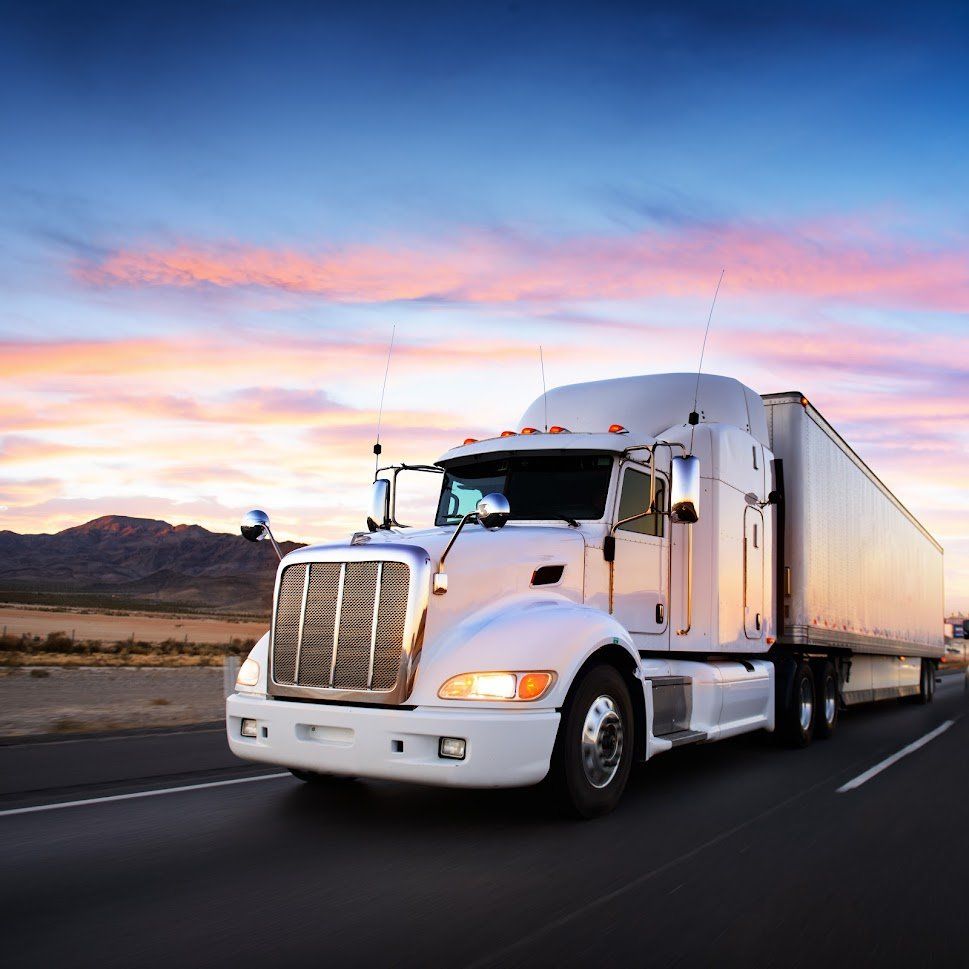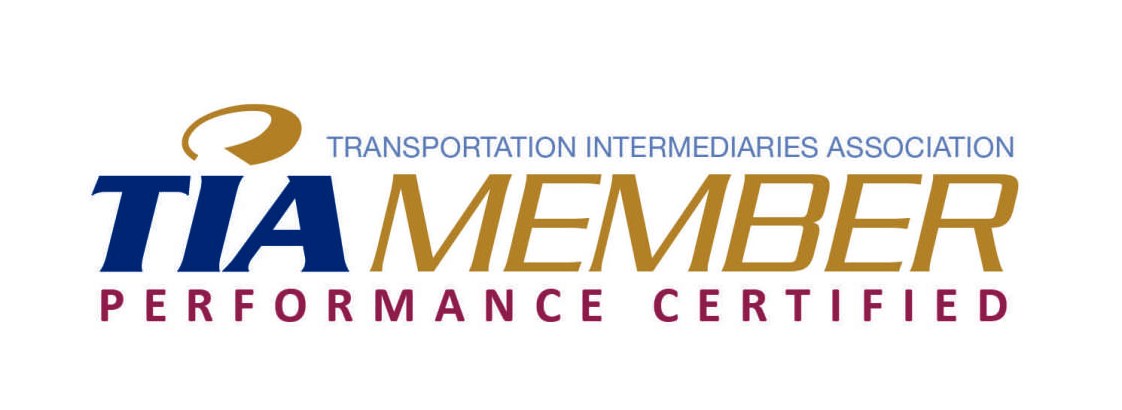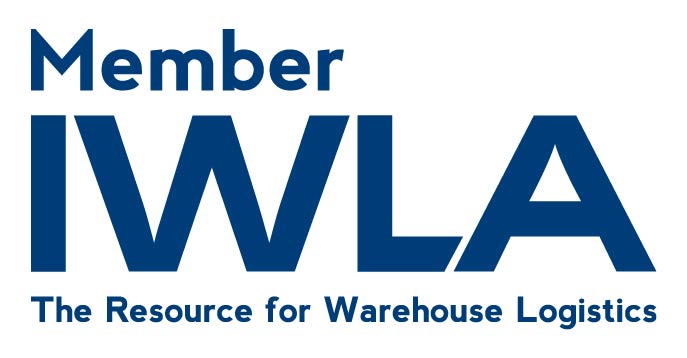JBS LOGISTICS HAS RE-BRANDED AS
KOCH LOGISTICS

This site will re-direct to
www.kochlogistics.com after Jan 1, 2025

Blog Layout
Is Your Shipment Properly Insured? 5 Questions to Find Out
Admin • January 21, 2020
This is a subtitle for your new post
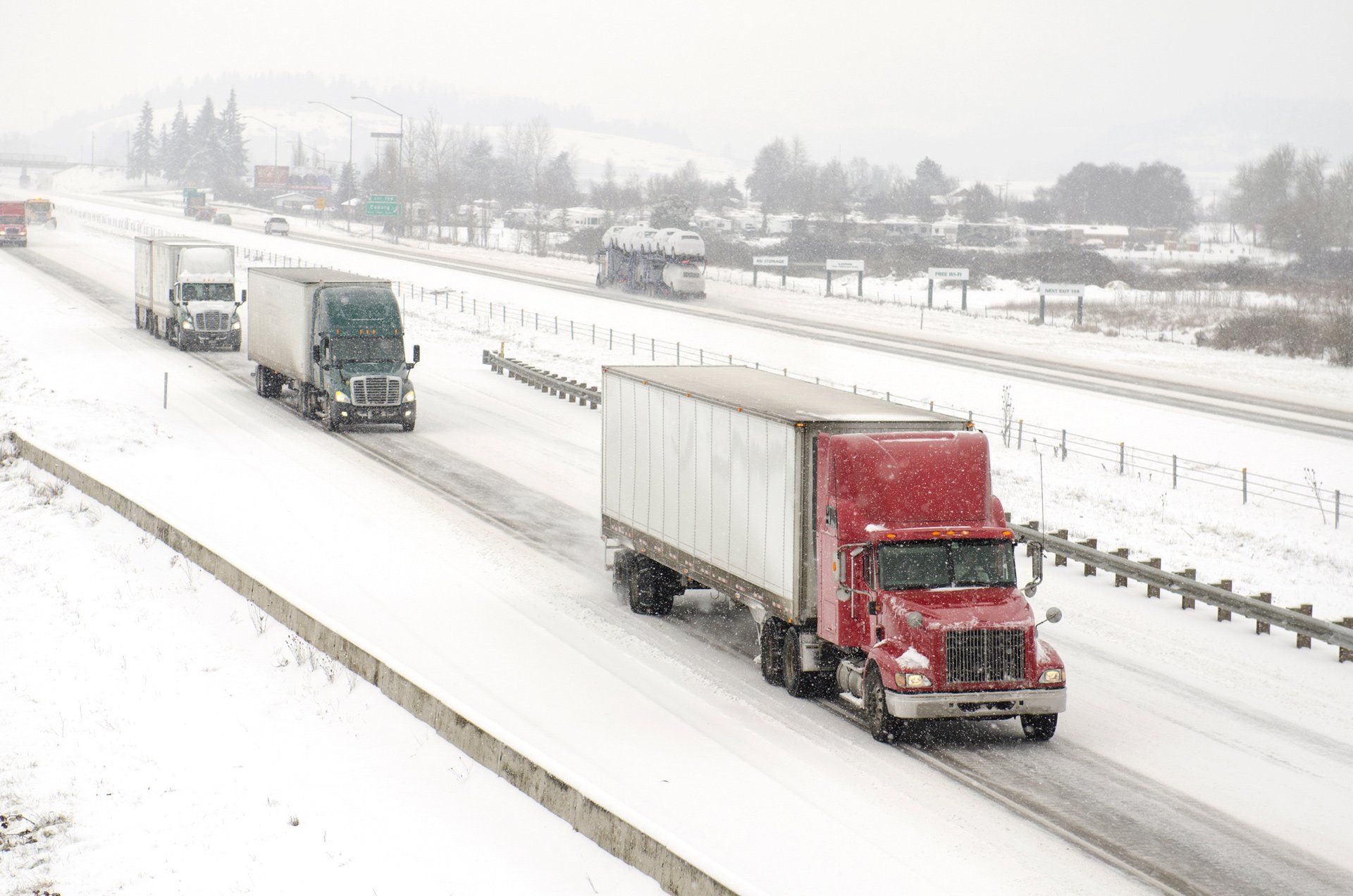
When you produce and ship goods to customers, proper insurance is vital to protect your financial investment as well as your reputation among customers and vendors. How can you know if you have the proper insurance as your merchandise heads out on its journey to your client? Here are five key questions to answer in order to decide.
1. What Coverage Is Provided?
All carriers must provide initial insurance to protect themselves and their customers during transportation. However, as with all insurance policies, there are limitations to carrier liability when it comes to damage. If the insured carrier was not liable for something unexpected that occurred to your goods, you may want to have additional coverage in place. Additional coverage can be purchased either as a Rider, add-on of a business’s existing overall insurance, or purchased separately either as blanket coverage or individually on specific shipments as needed.
2. Which Specific Type Do You Need?
Not all cargo insurance is the same. For instance, there are different land cargo insurance policies and marine cargo insurance policies. Certainly, a shipper only moving goods by train or truck within the continental United States is unlikely to need marine cargo insurance.
However, if your goods must travel on the Great Lakes, for example, you may need to ensure that they are fully covered even for a short time on the water.
3. What Are Your Special Risks?
Every shipment faces common risks and hazards such as theft, vehicle accidents, damage at sea, or natural disasters. But many shipments also face their own unique risks based on the product itself. Some questions to ask yourself is: Do your goods include possible hazardous materials? Has the product been securely wrapped and sealed? Is your material prone to attracting pests? Is your shipment of high value and target for theft? Any of these situations might result in damage that is not covered by a carrier’s standard insurance policy. Look for exclusions in all insurance policies and address any potential gaps with your trusted brokerage company.
4. Who Is Ultimately Responsible?
Throughout the transit process, your product may touch many different responsible parties from the manufacturer, a carrier, a warehouse, a second carrier, a distribution center, a third carrier, retailer, and finally the consumer! With so many parties involved, you need a clear understanding between all partnerships on where the responsibility lies. Using a trusted brokerage, forwarder, or 3PL streamlines this process for you, as they communicate product value and necessary coverage required to seamlessly and confidently transport your valued goods.
5. How Often Do You Ship?
Small businesses don't necessarily have to buy a blanket policy that covers all shipments during a period of time. You may be able to purchase individual coverage for a particular shipment, reducing the cost of buying proper insurance. If you ship cargo only irregularly, talk with your brokerage service to find out what one-time policies are available.
And when you begin to ship more often, price out the cost of a regular cargo insurance policy versus continuing to pay for individual coverage.
Protecting your goods in transit can be a confusing and high-risk situation. Choose a trusted 3PL like JBS Logistics to mitigate risk and learn about which coverage you need for your product. At JBS Logistics, we can help address any of these concerns. Call today to learn about the protections, options, and answers our experienced logistics professionals can provide.
Main Number: 800-877-3953 | Customer Service: 630-672-7546 | Accounts Payable: 630-672-7542
If are a new carrier and wish to register with us contact us via phone at 1-800-877-3953
2043 Corporate Lane, Naperville, Illinois 60563
Phone Number: 800-877-3953
Customer Service: 630-672-7546
Accounts Payable:
630-672-7542
Headquarters: 2043 Corporate Lane Naperville, Illinois 60563
Content, including images, displayed on this website is protected by copyright laws. Downloading, republication, retransmission or reproduction of content on this website is strictly prohibited.
Website Terms & Conditions •
Privacy Policy
